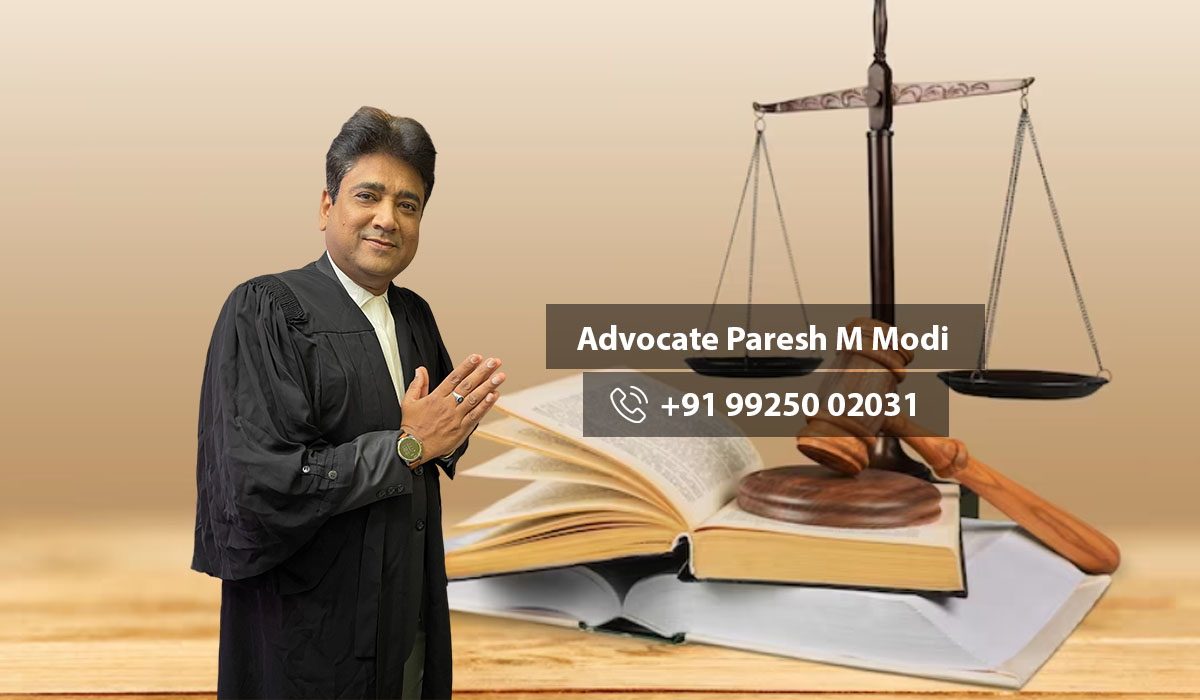In 2023 the Indian government has introduced the several new laws to replace the IPC (Now BNS) CrPC (Now BNSS and the Indian Evidence Act (Now BSA)
These include:
- Bharatiya Nyaya Sanhita, 2023 (BNS to replace the IPC)
- Bharatiya Nagarik Suraksha Sanhita, 2023 (BNSS to replace the CrPC)
- Bharatiya Sakshya Adhiniyam, 2023 (BSA to replace the Indian Evidence Act)
Key Replacements in the Bharatiya Nyaya Sanhita Bill, 2023
- Section 124A (Sedition) – This has been omitted in the new bill.
- Section 375 (Rape) – The definition has been retained but with more specific language and increased penalties.
- Section 377 (Unnatural Offenses) – This has been removed, and the focus has shifted to offenses against minors and sexual offenses in general.
- Sections related to Theft, Robbery, and Dacoity – These have been revised with updated definitions and penalties.
Key Provisions in the Bharatiya Nagarik Suraksha Sanhita, 2023
- Arrest and Bail Procedures – Simplified and streamlined to ensure faster judicial processes.
- Investigation and Trial Processes – Enhanced to include modern forensic methods and technologies.
Key Changes in the Bharatiya Sakshya Adhiniyam, 2023
- Digital Evidence – Greater emphasis on admissibility and handling of digital evidence.
- Witness Protection – New measures to protect witnesses and ensure their safety.
These laws aim to modernize and streamline the Indian criminal justice system, making it more efficient and aligned with contemporary legal practices. For more detailed and specific information, you will need to refer to the full text of the proposed Act and compare it with the Gazette issued by the Central Government and the Government Departments concerned. However, all these new laws have come into effect from 01/07/2024.
IN GUJARATI LANGUAGE
નવા ફોજદારી કાયદા IPC કલમોને બદલે નવો કાયદો BNS
2023 માં, ભારત સરકારે IPC, CrPC અને ભારતીય પુરાવા અધિનિયમને બદલવા માટે ઘણા નવા કાયદાનો પ્રસ્તાવ મૂક્યો હતો જે આમાં શામેલ છે:
- ભારતીય ન્યાય સંહિતા અધિનિયમ, 2023 BNS (IPC ને બદલવા માટે)
- ભારતીય નાગરિક સુરક્ષા સંહિતા અધિનિયમ, 2023 BNSS (CrPC ને બદલવા માટે)
- ભારતીય સાક્ષ્ય અધિનિયમ, 2023 BSA (ભારતીય પુરાવા અધિનિયમને બદલવા માટે)
ભારતીય ન્યાય સંહિતા અધિનિયમ, 2023 BNS માં મુખ્ય બદલાવ
- કલમ 124-A (રાજદ્રોહ) – નવા અધિનિયમમાં આની બાદબાકી કરવામાં આવી છે.
- કલમ 375 (બળાત્કાર) – વ્યાખ્યા યથાવત રાખવામાં આવી છે પરંતુ વધુ ચોક્કસ ભાષા અને વધેલા દંડ સાથે.
- કલમ 377 (અકુદરતી અપરાધો) – આને દૂર કરવામાં આવ્યું છે, અને ધ્યાન સગીરો સામેના ગુનાઓ અને સામાન્ય રીતે જાતીય અપરાધો પર કેન્દ્રિત કરવામાં આવ્યું છે.
- ચોરી, લૂંટ અને ડાકુ સાથે સંબંધિત વિભાગો – આને અપડેટેડ વ્યાખ્યાઓ અને દંડ સાથે સુધારવામાં આવ્યા છે.
ભારતીય નાગરિક સુરક્ષા સંહિતા, 2023 BNSS માં મુખ્ય જોગવાઈઓ
- ધરપકડ અને જામીનની કાર્યવાહી – ઝડપી ન્યાયિક પ્રક્રિયાઓને સુનિશ્ચિત કરવા માટે સરળ અને સુવ્યવસ્થિત.
- તપાસ અને ટ્રાયલ પ્રક્રિયાઓ – આધુનિક ફોરેન્સિક પદ્ધતિઓ અને તકનીકોનો સમાવેશ કરવા માટે વિસ્તૃત.
ભારતીય સાક્ષ્ય અધિનિયમ, 2023 BSA માં મુખ્ય ફેરફારો
- ડિજિટલ પુરાવા – ડિજિટલ પુરાવાઓની સ્વીકાર્યતા અને હેન્ડલિંગ પર વધુ ભાર.
- સાક્ષી સુરક્ષા – સાક્ષીઓનું રક્ષણ કરવા અને તેમની સલામતી સુનિશ્ચિત કરવા માટે નવા પગલાં.
આ કાયદાઓનો હેતુ ભારતીય ફોજદારી ન્યાય પ્રણાલીને આધુનિક અને સુવ્યવસ્થિત કરવાનો છે, તેને વધુ કાર્યક્ષમ અને સમકાલીન કાનૂની પ્રથાઓ સાથે સંલગ્ન બનાવે છે. વધુ વિગતવાર અને ચોક્કસ માહિતી માટે, તમારે સૂચિત અધિનિયમના સંપૂર્ણ ટેક્સ્ટનો સંદર્ભ લેવાની અને કેંદ્ર સરકારે બહાર પાડેલા ગેઝેટ અને જે તે સરકારી વિભાગો સાથે તેની તુલના કરવાની જરૂર પડશે. જો કે આ તમામ નવા કાયદાઓ તારીખ 01/07/2024 થી અમલમાં આવી ગયેલ છે





